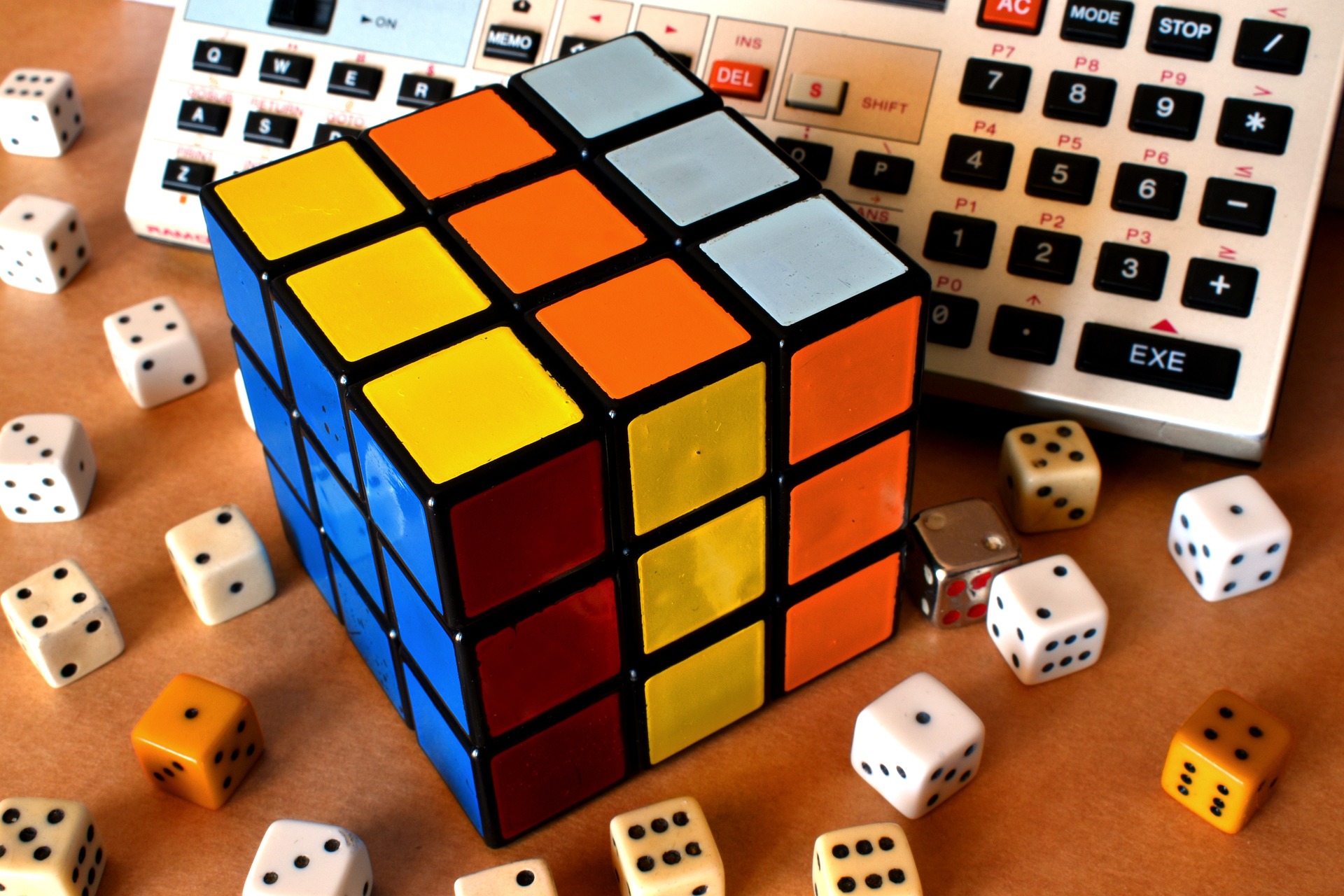I majored in mathematics, and perhaps it is for this reason that I like to apply a logical thought process and reasoning to language acquisition.
I believe that mathematics can aid in foreign language learning in several ways:
-
Pattern recognition: Both mathematics and language learning involve recognizing patterns and applying rules to new situations.
-
Logical thinking: The process of learning a new language requires breaking down complex grammar rules into simpler components, a process that is similar to solving mathematical problems.
-
Memory retention: Mathematics, with its repetitive drill-and-practice method, can help train the brain to retain new vocabulary and grammar rules in a foreign language.
-
Problem solving: Both mathematics and language learning require the ability to identify and solve problems.
-
Structural analysis: Both mathematics and language have underlying structures and rules that can be analyzed and understood. This type of structural analysis can be applied to the study of a foreign language, improving one's understanding and mastery of the language.
While mathematics is not directly related to language learning, the skills and ways of thinking that it fosters can help learners approach the task of acquiring a new language in a more organized and effective way.



